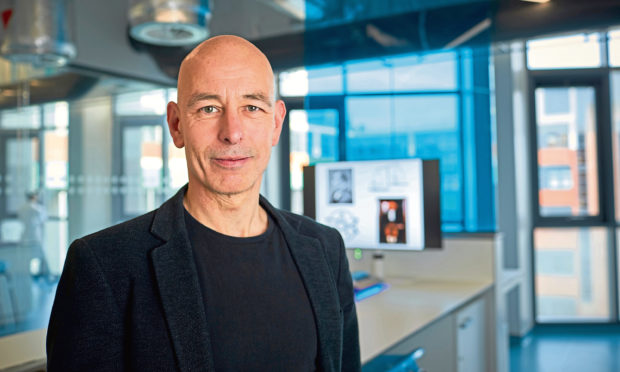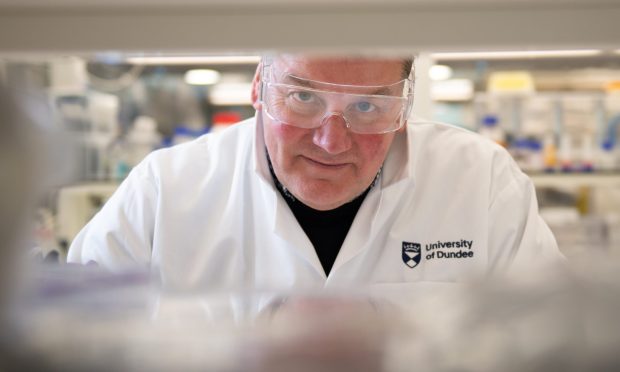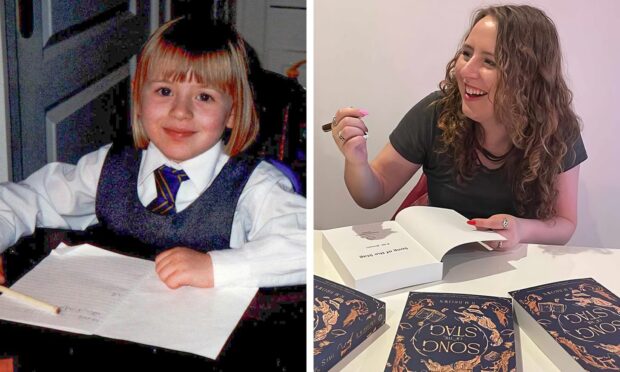The “ethically sound” creation of so-called designer babies could begin within two years and spark a revolution in genetic modification, according to new research.
Kevin Smith, from Abertay University in Dundee, has published analysis that found the risks of gene editing are now low enough to warrant its use with human embryos.
He argued a morally justifiable attempt could be less than two years away and predicted such research could kickstart a revolution in producing genetically modified (GM) people.
Dr Smith said: “The human germline is by no means perfect, with evolution having furnished us with rather minimal protection from diseases that tend to strike in our later years, including cardiovascular disease, cancer and dementia.
“GM techniques offer the prospect of protecting future people against these and other common disorders. This has previously been achieved to an extent in GM experiments on animals.
“If several common disorders could be avoided or delayed by genetically modifying humans, the average disease-free lifespan could be substantially extended.”
The academic, who is programme leader for Abertay’s biomedical science courses, said research in this area would offer hope to parents at risk of transmitting serious genetic disease to their future children.
He warned an ethical approach must be at the heart of any advances if public trust is to be won.
Dr Smith added: “Society is largely opposed to genetically modifying humans and the negative publicity generated by the ethically problematic first-ever production of GM babies in China last year was strongly criticised by most geneticists and ethicists, further hardening attitudes against the creation of so-called ‘designer babies’.
“However, by delaying an ethically sound move towards a world where we can reduce genetic disease, we are failing those who suffer through disease and debilitating conditions.
“If such negative attitudes to innovation had prevailed in the 1970s, the development of IVF – a massively beneficial medical technology – would have been severely delayed, and indeed might never have come to fruition.”
The paper is published in the medical ethics journal Bioethics.
See comment on page 30









